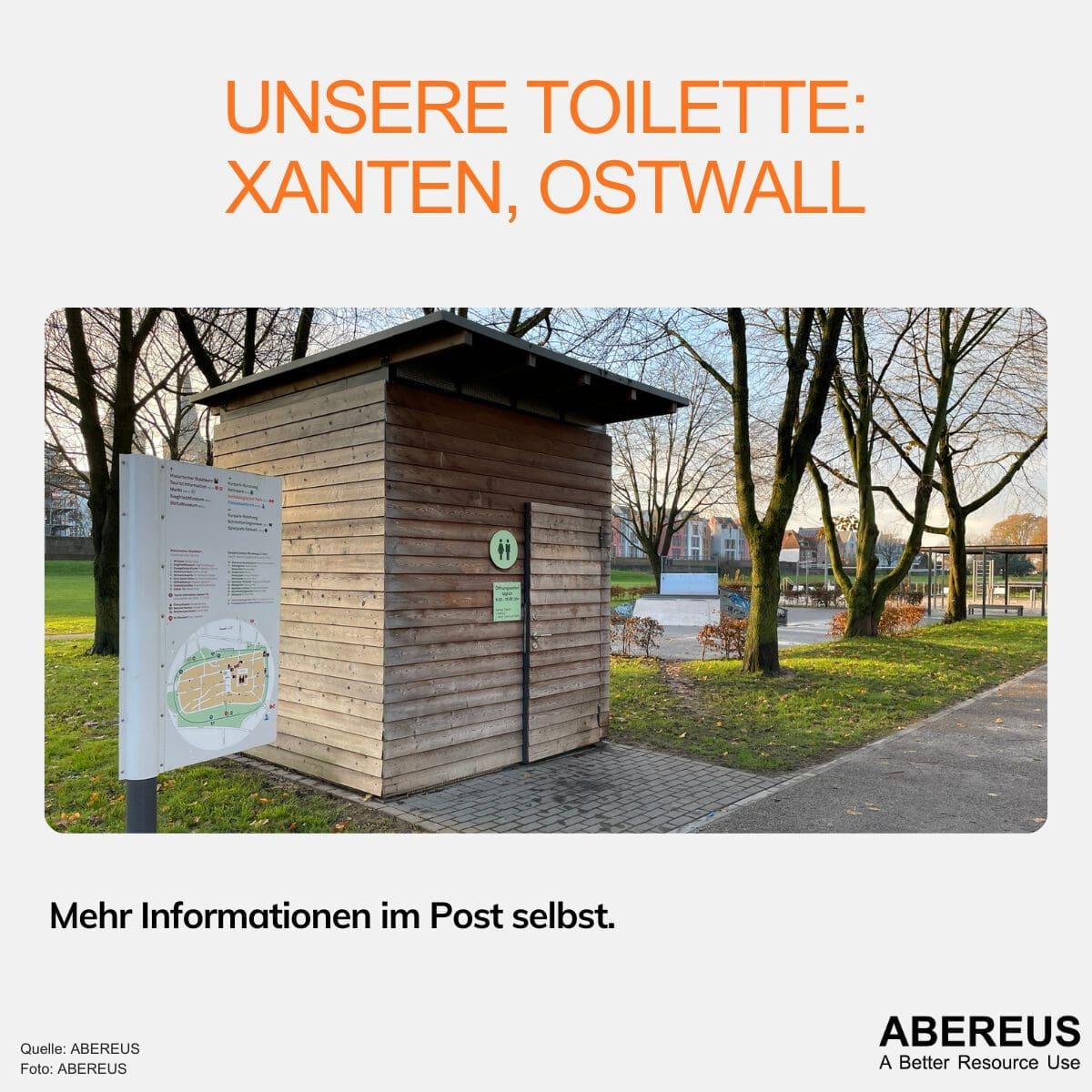Shifted earth spinning

Date
You wouldn’t feel as dizzy if we had more waterless toilets. Sounds far-fetched? Maybe it is a little, but here’s why:
Humans have significantly altered the Earth’s spin by pumping groundwater, according to a recent study. Between 1993 and 2010 alone, the Earth shifted nearly 80 centimeters east due to the movement of a large mass of water caused by human activities. This shifted earth spinning emphasizes the substantial impact of human activity. Previous estimates suggested that humans pumped 2,150 gigatons of groundwater. This is equivalent to over 6 millimeters of sea-level rise during that period. To validate this estimate, researchers focused on the Earth’s rotational pole. It experiences polar motion as a result of water distribution. Like adding weight to a spinning top, the movement of water affects the Earth’s spin.
Details about the study
The study found that groundwater redistribution has the largest impact on the drift of the rotational pole among climate-related causes, highlighting the effects of shifted earth spinning. By modeling changes in the pole’s drift and water movement, researchers determined that the observed polar drift only aligned with their model. Crucially, this occurred when they considered the redistribution of those 2,150 gigatons of groundwater. We only know about this impact of the groundwater reserves on the Earth’s spin since 2016. Therefore, this research sheds light on the extent of groundwater’s contribution to rotational changes and its influence on sea-level rise.
The study emphasizes the need for conservation efforts to slow groundwater depletion rates. This is particularly important in sensitive regions such as western North America and northwestern India. Sustainable conservation approaches could potentially alter the drift change in the context of a shifted earth spinning. While the rotational pole’s variations do not immediately impact seasons, they can have long-term implications for climate on a geologic time scale. Future research may focus on using historical polar motion data. This will help to understand water storage variations and hydrological regime changes over the past century.
If you feel like we could save water (for example through waterless toilets), get connected and join us for a better resource use.
Source: https://phys.org/news/2023-06-weve-groundwater-nudged-earth.html



